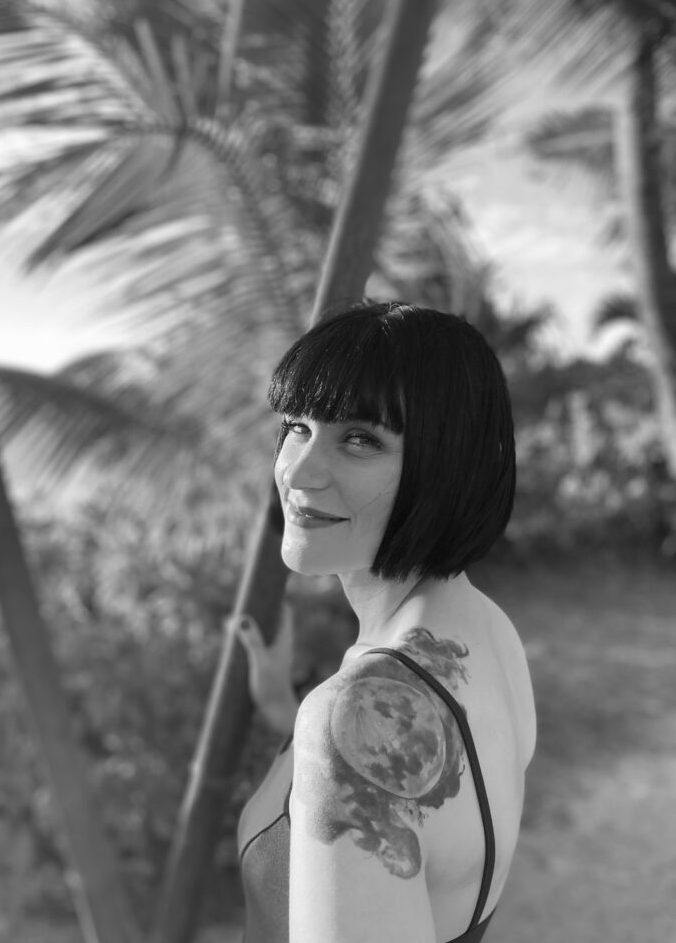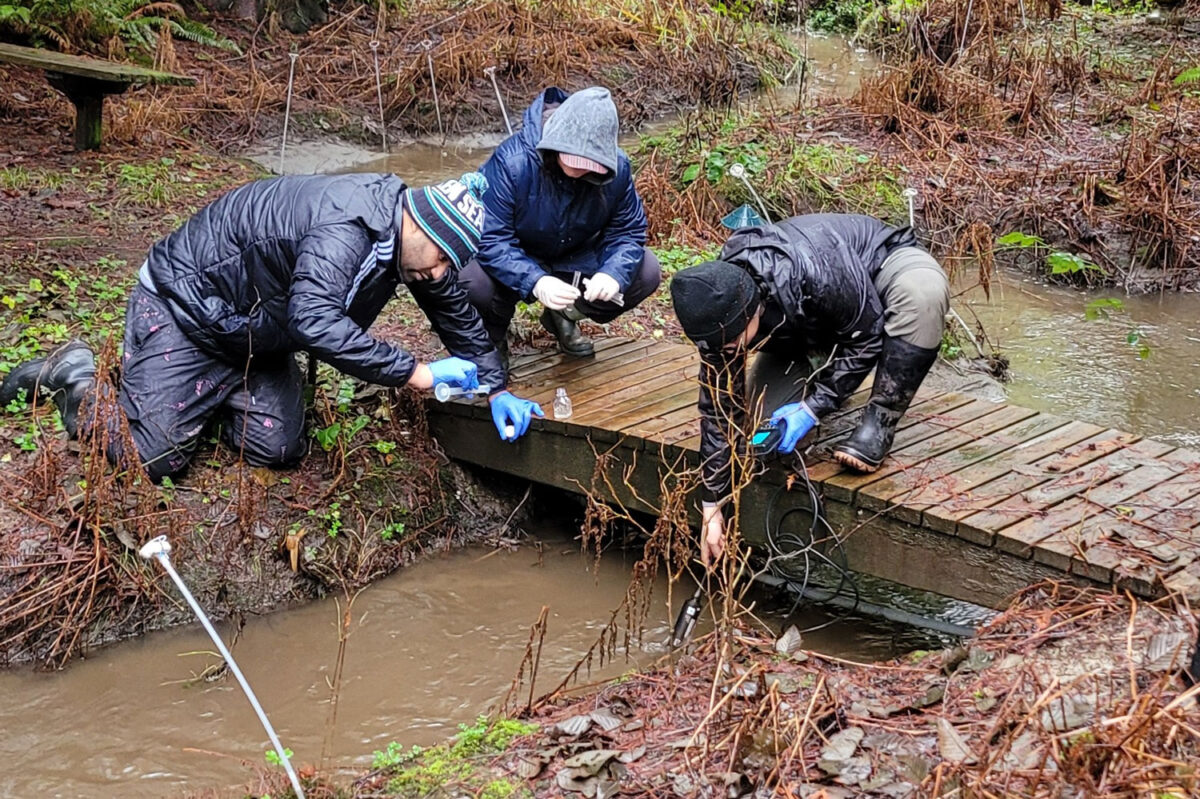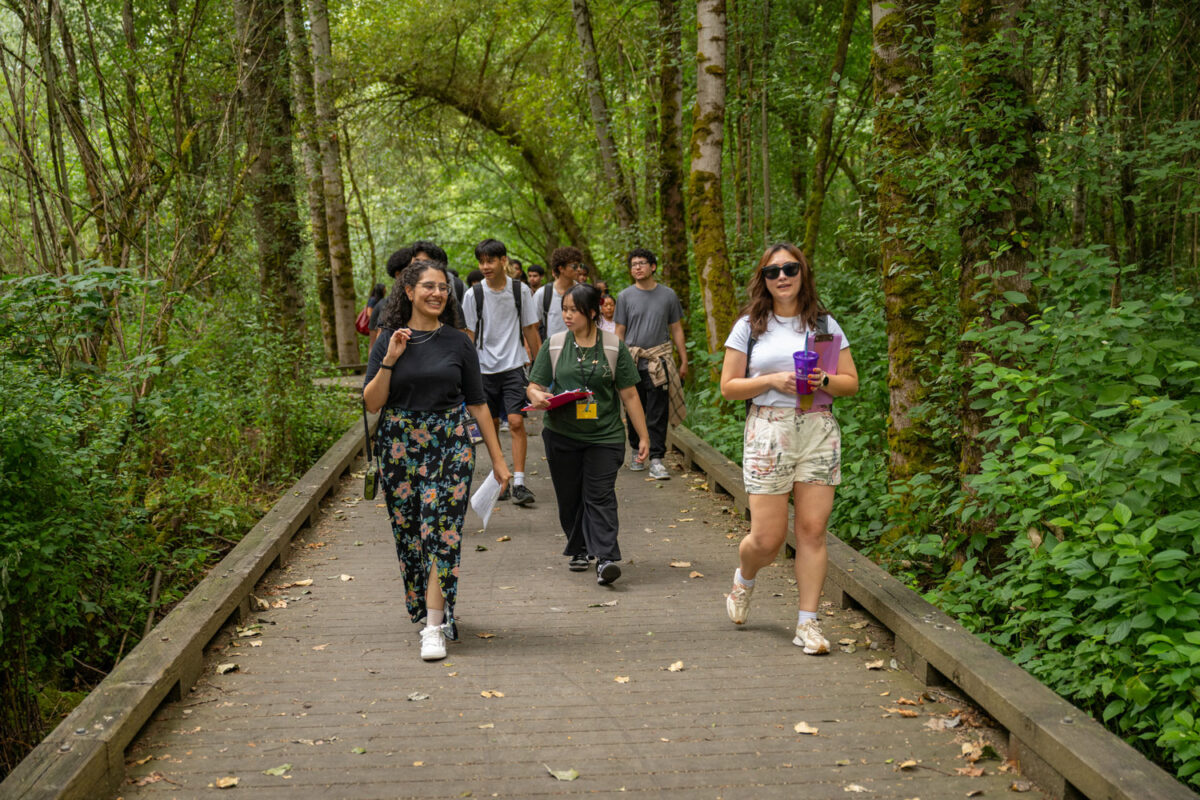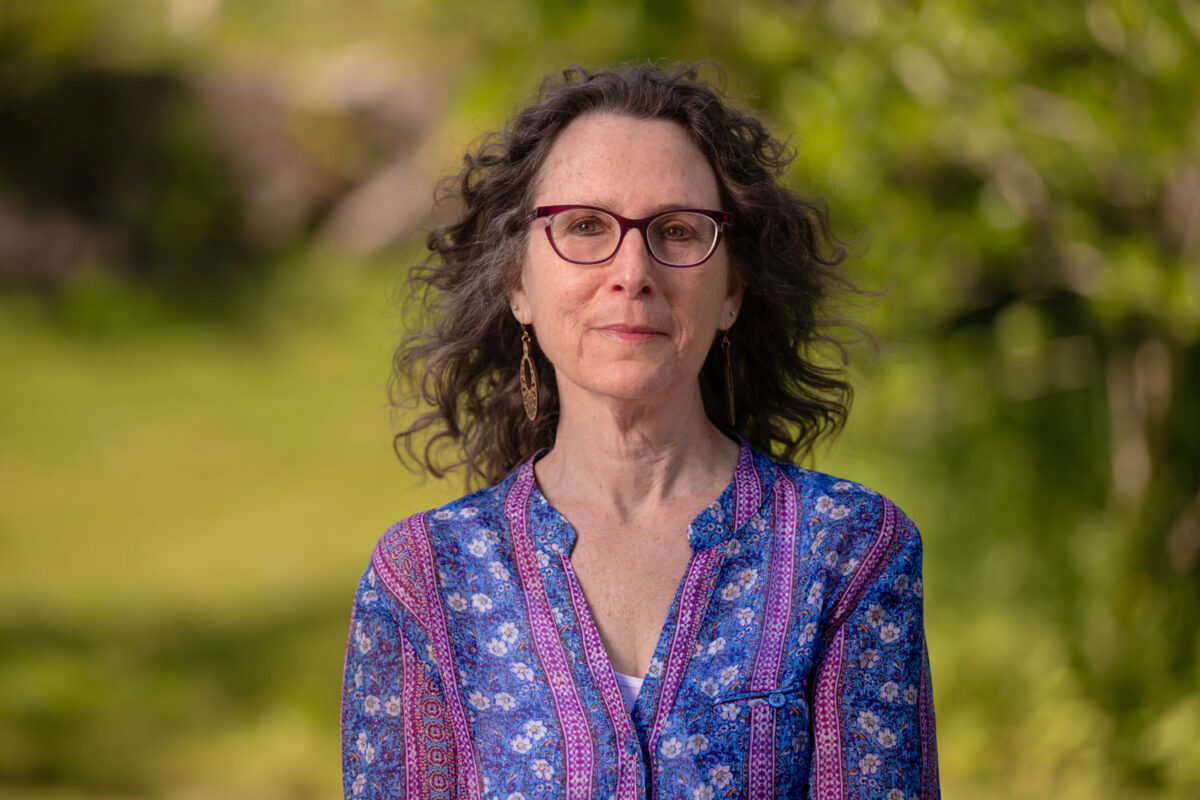The Master of Fine Arts in Creative Writing & Poetics in the School of Interdisciplinary Arts & Sciences has launched many careers in a variety of industries. For poet and artist Nicole McCarthy ’17, her degree led to the publication last summer of “A Summoning,” her first book.
“A Summoning” is a hybrid work of poetry, essays and photos that examines the early stages of memory loss.
In an interview with Canadian writer, critic and publisher Rob McLennan, McCarthy shares her writing process, her inspiration and her research — and notes that she worked closely with Dr. Amaranth Borsuk, associate professor and associate director of the MFA program, and Rebecca Brown, former MFA faculty member, as she put the collection together.

Interview
Read the entire interview at Rob McLennan’s blog. Here is an excerpt from the interview:
McLennan: How did your first book change your life? How does your most recent work compare to your previous? How does it feel different?
McCarthy: “A Summoning” is my first book and it showed me that I could write a book. It taught me that there isn’t one way to write a book as long as you just get started. Most of the time the body of work will guide you with how it wants to come together. In the process of writing this book I’ve worked with many writers, each one making me a better writer in the process. Renee Gladman, a well-known experimental writer and artist, was my thesis advisor in grad school and really pushed me to be better with every piece I created. I don’t know what this book would look like without her. I also worked closely with Amaranth Borsuk and Rebecca Brown as I put the collection together, and I feel incredibly lucky that they continue to support me and champion my work.
I can see how my writing has changed even from this first book already. I’m working on a nonfiction collection as well as, to everyone’s surprise, a horror novel. Something about the pandemic kicked off a thrill in me to consume anything horror, and it’s helped. I’ve also become obsessed with the micro essay, evaluating every sentence and every word to see if it’s working hard enough. When I approach writing now, I think about making concise, impactful little paragraphs that linger with people when they read it. So much can be felt and communicated in under 1,000 words.
McLennan: How long does it take to start any particular writing project? Does your writing initially come quickly, or is it a slow process? Do first drafts appear looking close to their final shape, or does your work come out of copious notes?
McCarthy: It really depends. When I have a micro essay in mind, I’ll give myself ten minutes with the idea to write down what I’m thinking, then I leave it alone for a few weeks and come back to it, slimming it down, refocusing on the point of the piece, and polishing. I’ve finished whole micro essays in under 30 minutes that feel done, while others I’m still tinkering with because I haven’t reached the center of them yet.
With a nonfiction book project, it takes me ages. I like including research elements into my nonfiction, so I frequently spend months just reading books and highlighting passages I know I’ll reference somewhere in one of my pieces. Lots of diligent notetaking! I’ll write drafts and start tying things together, but with a nonfiction book project I never know when it’s done, what it needs next, what pieces to work on, etc. It’s chaos.
With my horror novel, I’ve given myself the gift of play. I have no expectations for it, so I’ve been experimenting with storytelling elements and themes without putting too much pressure on myself. I set an overall project outline that helps guide me along, but really I just let the narrative wander where it wants, and I merely follow and shape. It’s been a rewarding, refreshing experience.
McLennan: What is the best piece of advice you’ve heard (not necessarily given to you directly)?
McCarthy: Don’t feel bad about not writing all of the time. When you’re not writing, you’re out cultivating experiences. My poetry mentor taught me that and it helps immensely in times when I’m not feeling like a “real writer”. People on social media are constantly posting about their accomplishments or book deals, which can weigh on you, but sometimes your body and your mind need to check out so you can bake a cake or watch ducks in your local pond or feed your neighborhood squirrels. These moments have turned into micro essays for me eventually, but I allow myself that time to just be present in my own reality and take a breath from everything.



